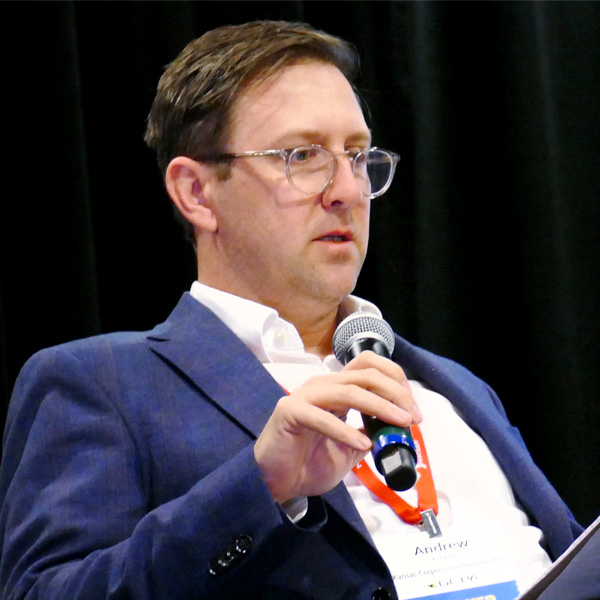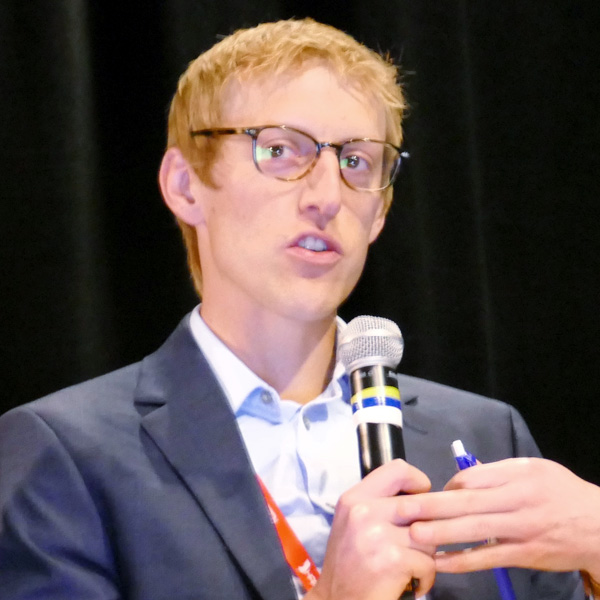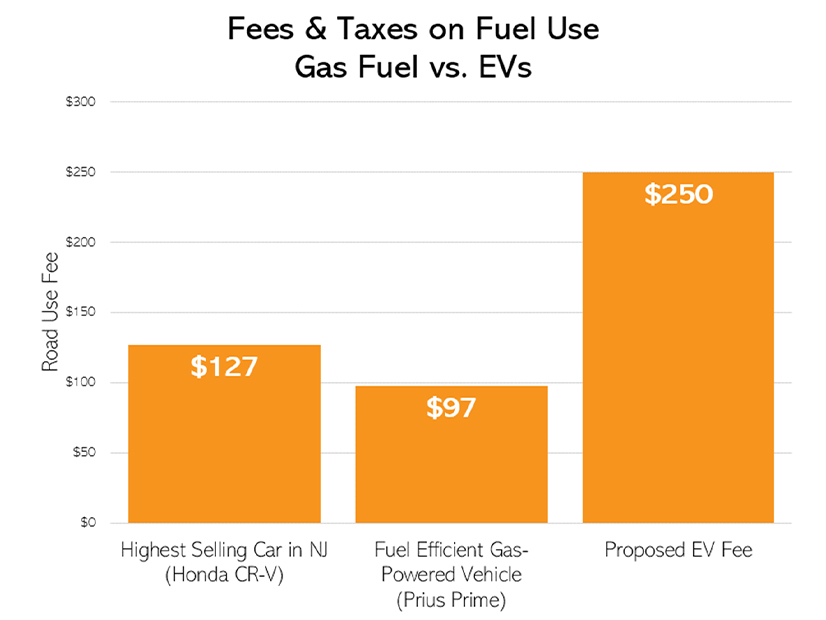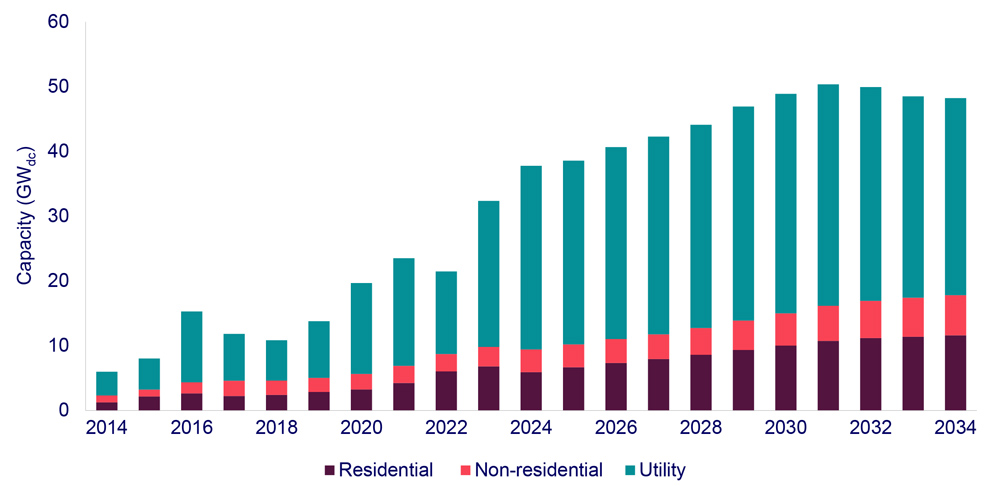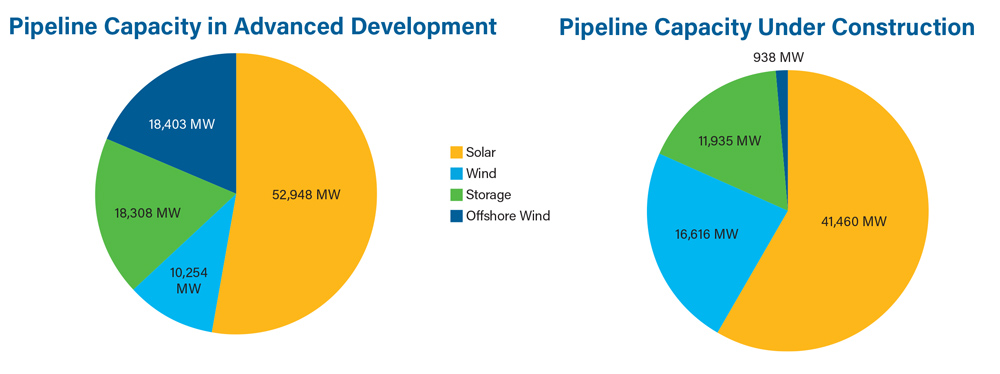A former Washington State Department of Transportation (WSDOT) economist is suing the state over allegations he was forced out of his job because his superiors did not like his forecasts showing that gasoline prices would jump under the state’s cap-and-invest program.
Scott Smith’s attorney filed the suit March 5 in Thurston County Superior Court against Gov. Jay Inslee, Washington’s Office of Financial Management (OFM) and WSDOT. Smith in November filed an employment claim against the same three parties seeking $750,000 in lost income because he felt pressured to leave the agency before he was ready to retire. (See Cap-and-trade Subject of Employment Claim Against Wash.)
When Washington’s cap and-invest program went into effect in January 2023, Smith was an economist specializing in gas prices for WSDOT. His lawsuit alleges that he submitted an estimate to agency officials that cap-and-invest would raise Washington’s gasoline prices by 40 to 50 cents per gallon.
Smith and his attorney, Jackson Maynard, spelled out the allegations in the suit during a March 6 press conference. They said Smith was told to revise his estimates and asked to clear subsequent work with the OFM and that he faced retaliation within his department.
“They repeatedly attempted to get me to jimmy my numbers,” Scott said during the conference.
The retaliation allegedly consisted of having his workplace evaluation revised and backdated, as well as being denied access to up-to-date software, turned down for a promotion and denied leave to visit a sick mother in New Orleans. The atmosphere was unfriendly enough that Smith left, he said, and he has not been able to find a job since.
The lawsuit said: “The fact that carbon taxes raise the cost of gasoline is a matter of 6th-grade math. The incidence (who the cost ultimately falls on) is usually assumed to be 100% on the consumer.”
Washington’s Department of Ecology — and not WSDOT — prepares economic forecasts for the cap-and-invest program, which is the cornerstone of Inslee’s climate change efforts. WSDOT’s gas price predictions were for internal purposes and were to be sent to the state House and Senate transportation committees. Citing Ecology’s estimates, Inslee has in the past said the program would add only pennies per gallon to gas prices.
However, Washington’s cap-and-invest auctions have produced higher-than-expected prices for carbon allowances, increasing costs for polluters, including oil companies. Various estimates have shown the program adding 21 to 50 cents to the price of gas.
One difficulty in assessing the economic ripple effects from the allowance prices is that while seven oil companies are eligible to bid during the quarterly auctions, some have skipped the events. Also, names of winning bidders are confidential, so nobody outside the Ecology Department knows exactly which oil companies have actually bought allowances and how many.
While Washington’s gas prices increased significantly in 2023, they also dropped sharply in the latter half of the year. Washington and the other West Coast states have had the highest gasoline prices in the nation for many years for a variety of geographical and economic reasons.
Conflicting Accounts
At the press conference, Smith and Maynard contended that WSDOT additionally retaliated against Smith by approaching the Legislature in February 2023 to introduce House Bill 1838, passed unanimously by both houses last year, which eliminated WSDOT’s gas price section and transfer its functions to the state’s Economic and Revenue Forecast Council (ERFC), which is made up of legislators, government officials and support staff. The bill also tweaked the ERFC in unrelated ways.
HB 1838 went through three hearings in 2023, at which bill sponsor Rep. Jake Fey (D) and a pair of OFM officials were the only people to testify, with no participation by WSDOT. In an email to NetZero Insider, a department spokesperson said WSDOT did not approach any legislators about the bill’s changes.
At a Feb. 20, 2023, House Transportation Committee hearing on the bill, Fey and the OFM officials said WSDOT economists had done an excellent job but that the department was having trouble recruiting economists to fill openings, while the ERFC has a better record of attracting candidates. Fey also said it is important that the transportation revenue forecast be consistent and coordinated with the forecasting done for the overall state budget.
No opposition was voiced during the hearings last year. At the February 2023 hearing, Rep. Ed Orcutt (R) said the transfer of duties had been suggested several years ago. The House and Senate unanimously passed HB 1838.
In a December email to NetZero Insider, Inslee’s office said the OFM official cited in Smith’s November complaint did not recall declaring that Smith’s work needed to be reviewed by OFM.
The governor’s office noted also that WSDOT was considering Smith’s request to work remotely, but that he did not finish the process for that decision-making, and that Smith’s request for time off with his mother around Thanksgiving conflicted with a presentation he was scheduled to give.
Smith said March 6 that his offer to give the presentation remotely had been rejected. He said other WSDOT employees were allowed to work remotely while he was not.
Inslee’s office and WSDOT declined to comment on the lawsuit.
WSDOT said it is conducting an internal investigation of the retaliation allegations and expects that investigation to be complete by the end of this month.
